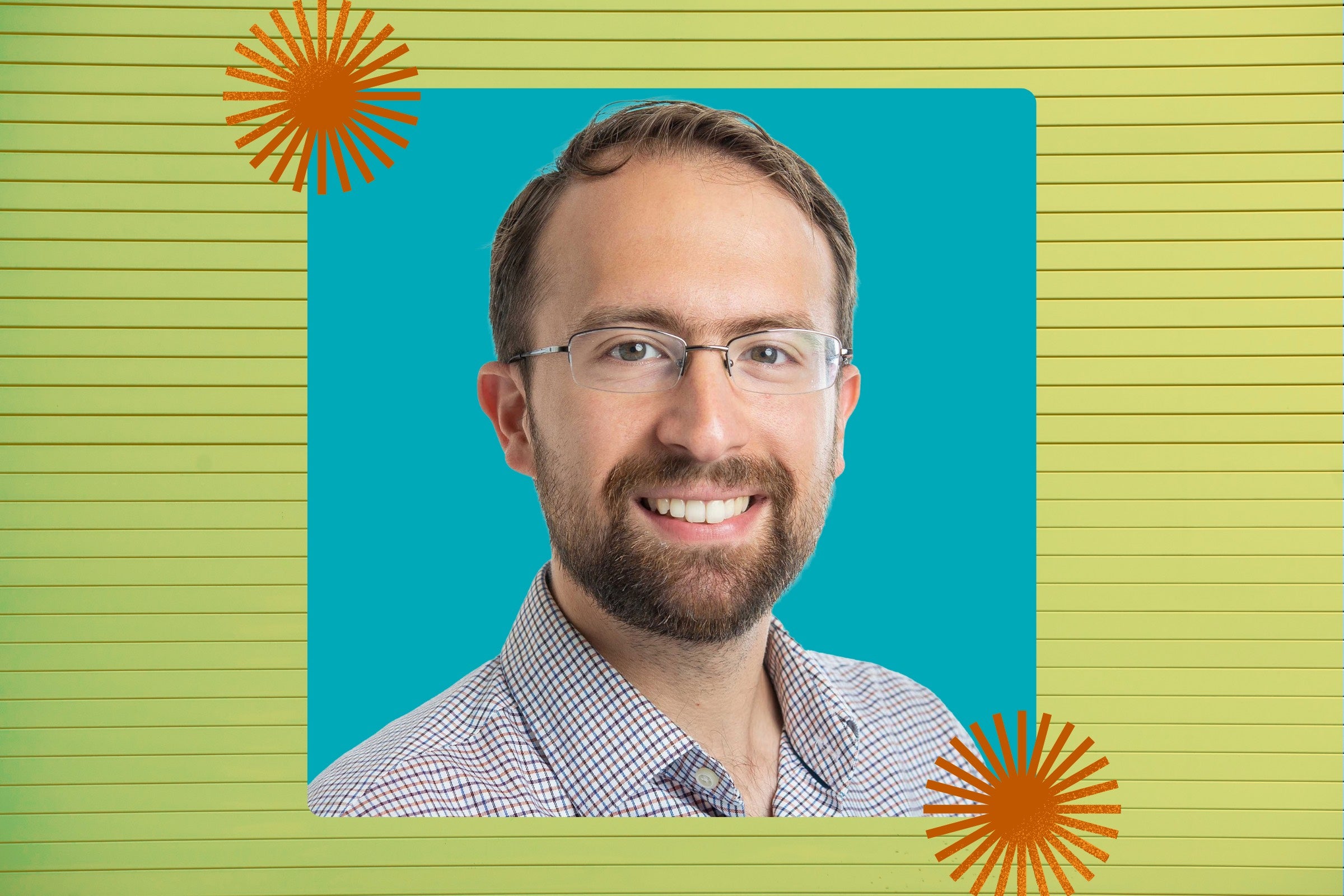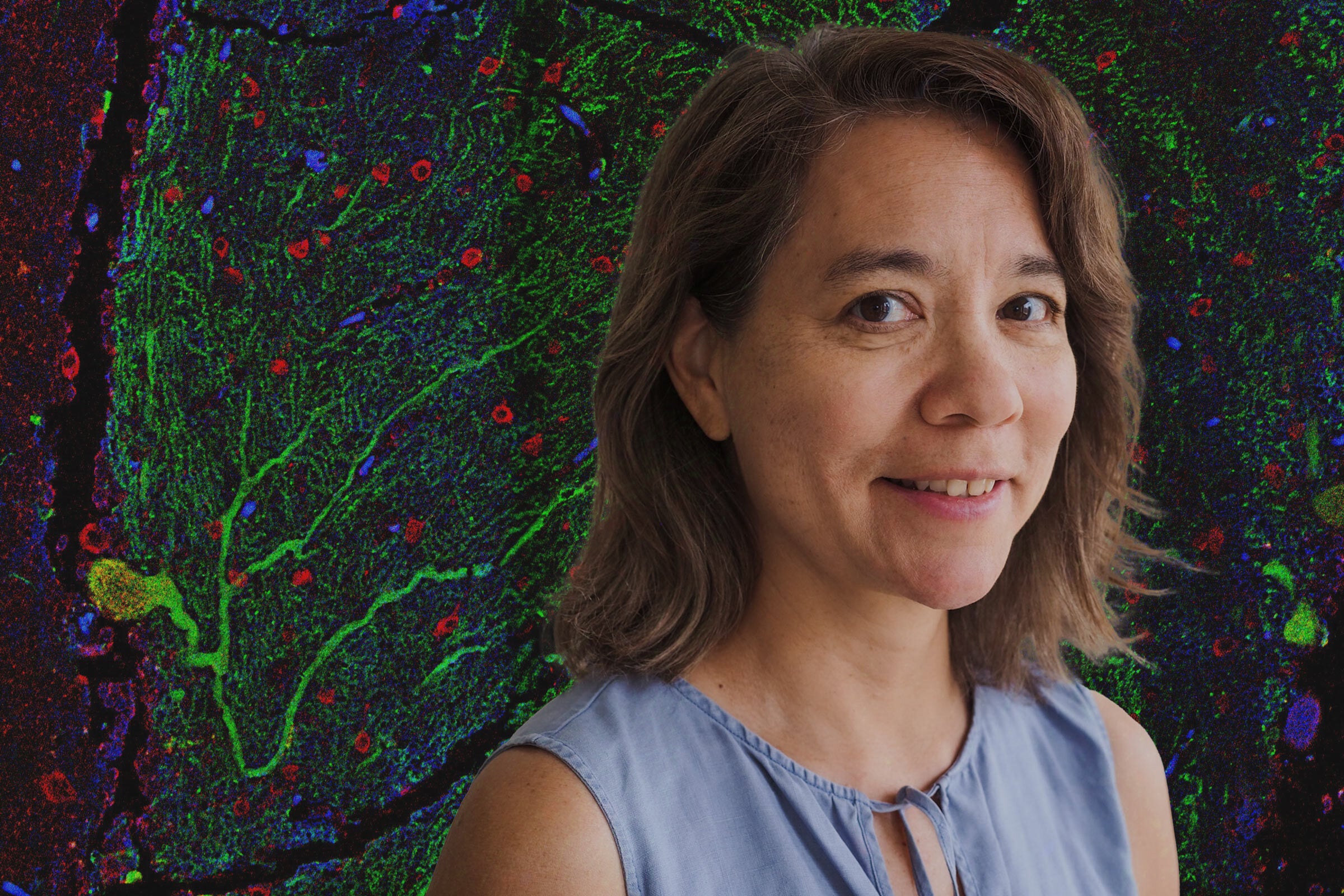Finkelstein Receives Welch Foundation’s Norman Hackerman Award
The Welch Foundation today announced that Ilya J. Finkelstein, an associate professor of molecular biosciences at The University of Texas at Austin who has been researching the coronavirus and the gene-editing tool CRISPR, will receive the 2021 Norman Hackerman Award in Chemical Research. Having already made significant scientific contributions in chemistry and biochemistry, he is being recognized as a rising star in his field.
"Dr. Finkelstein has made extraordinary accomplishments and is well deserving of this award," said Carin M. Barth, chair of the foundation's board of directors. "This honor is timely given his leadership and work surrounding the optimization and production of the spike protein, a critical component in some COVID-19 vaccine formulations."
Finkelstein is well regarded for his innovative methods to understand how cells repair their DNA and maintain integrity of genetic information. He and his team have merged next-generation DNA sequencing with molecular biophysics to characterize and improve emerging gene-editing tools, known as RNA-guided CRISPR-Cas enzymes. By unraveling their molecular functions, he hopes to improve the efficacy and safety of gene editing.
Most recently, Finkelstein shifted his team's focus and developed a critical reagent for SARS-CoV-2 vaccine development. His group, in collaboration with the UT Austin labs of fellow molecular bioscientist and Welch Chair Jason McLellan and chemical engineer Jennifer Maynard, designed a new version of the critical coronavirus spike protein that, when expressed in cells, produces significantly more protein and is more stable for use in vaccines. He is also on a team of UT Austin faculty who have been working with clinicians in Houston to understand how COVID-19 is mutating by reviewing blood plasma of 5,000 patients.
"It is truly an honor to join the extraordinary list of fellow scientists who have previously received the Hackerman Award," Finkelstein said. "This is such a momentous time for our lab and fellow UT researchers, and I look forward to continuing our efforts developing an even better understanding of the coronavirus as well as our focus on gene editing."
Finkelstein earned his Ph.D. in chemistry from Stanford University. He joined the faculty of UT Austin in 2012. Among his awards and honors, he has been recognized as a William H. Tonn Professorial Fund Fellow; an American Federation of Aging Research Junior Fellow; an Academy of Medicine, Engineering and Science of Texas Protégé; a CPRIT Scholar; and an Emerging Investigator by the Molecular BioSystems Journal. He received the National Science Foundation CAREER and Pathway to Independence Awards, and his group has been published in a number of top journals including Science, Cell and Nature.
The Norman Hackerman Award in Chemical Research was established by The Welch Foundation to honor Norman Hackerman, its scientific advisory board chair from 1982 to 2006. Hackerman was a professor of chemistry at UT Austin and served as the university's president from 1967-1970. The award recognizes the accomplishments of chemical scientists in Texas who are early in their careers. It is designed to encourage scientists who are embarking on careers dedicated to increasing our fundamental understanding of chemistry. Upon accepting the award, Finkelstein will receive $100,000, as well as a bronze sculpture to commemorate the occasion.
Past Hackerman award recipients include Delia Milliron (2017) and Christopher Ellison (2016) of UT Austin's McKetta Department of Chemical Engineering.
"Dr. Finkelstein is a distinguished and impressive biophysicist," said Peter B. Dervan, chair of the Welch Foundation's scientific advisory board."His creativity in the lab continues to move the field forward with cutting-edge research and discoveries related to DNA repair and CRISPR gene editing. Dr. Finkelstein's recent COVID-19 research also shines light on the importance of ongoing and proactive basic chemical research."



